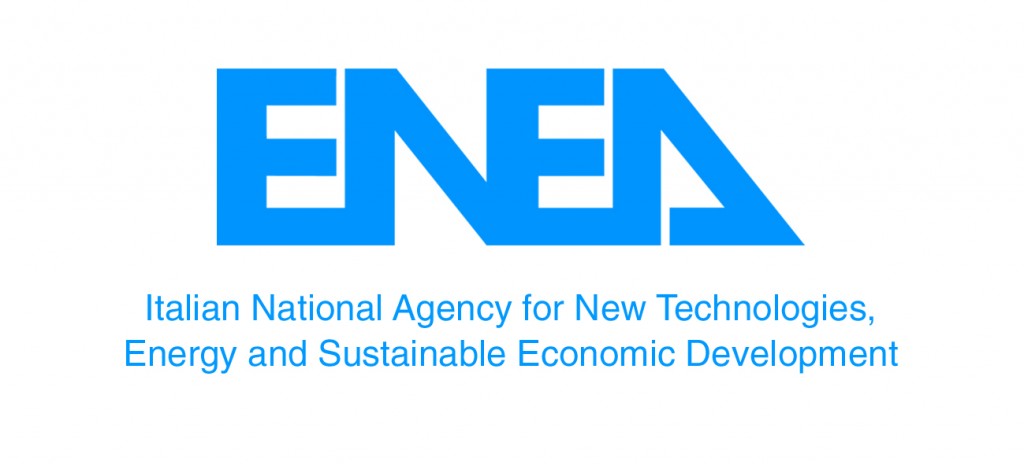ENEA
The Italian National Agency for New Technologies, Energy and Sustainable Economic Development (ENEA), is the second largest research organization in Italy. The Laboratory of Biotechnology (UTTRI-BIOTEC) is located in the Research Centre Trisaia (Rotondella, MT). The agro-biotechnology activities touch upon a wide range of areas, such as quality improvement and diversification in agricultural produce. A research group specifically studying environmental impacts of GM plants was established in 2003.
Role
ENEA will coordinate the project (WP1) and will participate to WP 2, 5, 6, 7, and 9. ENEA personnel will contribute to the educational programs included in WP11.
Staff members’ role
Salvatore Arpaia is a PhD in Agricultural and Environmental Sciences from Wageningen University (NL). He has extensive research and teaching experience relevant to insect pest management, biological control, insect ecology, molecular ecology, plant biotechnology, environmental risk assessment in particular related to GMOs. Dr. Arpaia is a Principal Scientist and project leader with ENEA coordinating a research group on biosafety of GM plants. He is a member of the EFSA GMO Panel since 2006 and chair of the working group on Non-target Organisms.
Ferdinando Baldacchino is a PhD in Crop Protection from University of Bari. He has more than 10 years of experience in organic farming and integrated pest management. Currently he’s a senior researcher with ENEA since 2004.
Rosaria Alessandra Magarelli is a M.Sc. in Environmental Sciences. Working with ENEA since year 2000 she’s been involved in environmental monitoring programs, particularly arthropod sampling in body waters and the relative biological and chemical analyses.
Simona Errico has a bachelor in Biological Science and a McS in Biochemistry and Clinical Chemistry achieved in 2005. Since 2003 she is part of the ENEA team. She has a valuable tracked experience in immunology. After being employed by ENEA, her research area has radically changed: she gained big expertise in tomatos radical modifications and their resistance to water stress and salinity, sequencing of wheat genes, treatment effect of rare earth elements on growth, viability and metabolic activity bacteria of agronomic interest and effect of abiotic stress on Mediterranean plants. Within the framework of the AMIGA project she is working mainly in the sector of plant growing in vitro, as well as assisting the rest of the group in other experiments.

